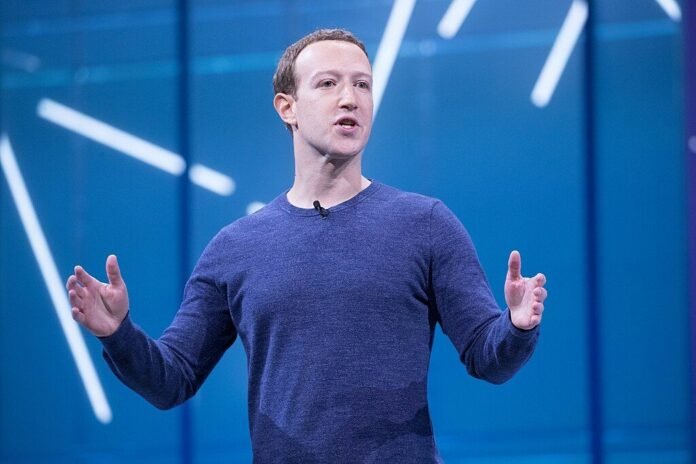Meta offers $10m salaries to lure AI experts as Zuckerberg personally contacts top researchers.
Meta has launched an aggressive talent hunt for top AI researchers, offering salaries that have stunned the industry. In its boldest recruitment drive yet, CEO Mark Zuckerberg is personally emailing select AI experts, dangling compensation packages of at least $10 million a year.
One researcher, who spoke anonymously, revealed: “I got an email from Mark personally. And he said, ‘I have an offer for you.’ Wow, and the offer was crazy.” While the researcher remains undecided, they admitted being shocked by the scale of the offer and its potential impact on the AI job market.
Meta’s hunt focuses on a narrow pool of roughly 50 to 100 elite researchers who have successfully developed large foundation models. Fierce competition from rivals like OpenAI, Anthropic, Google DeepMind, and xAI has made recruiting top GenAI talent incredibly difficult. Meta’s willingness to offer eye-watering salaries reflects this fierce battle.
Embed from Getty ImagesVenture capitalist Deedy Das from Menlo Ventures highlighted the staggering market dynamics, saying, “Meta is currently offering $2M+/yr in offers for AI talent and still losing them to OpenAI and Anthropic. Heard ~3 such cases this week. The AI talent wars are absolutely ridiculous.”
SignalFire’s recent report underscores Meta’s challenge. In 2024, Meta lost 4.3% of its AI talent to competitors, trailing only Google’s 5.4% attrition rate. In contrast, Anthropic boasted an 80% retention rate for employees hired between 2021 and February 2023.
For some, like former Twitter AI lead Yudian Zheng, even million-dollar offers aren’t enough. Zheng turned down Meta’s $1 million-a-year role to found Jobright.ai. “I’ve spent time at companies like Google, Microsoft, and Twitter, so I have a good sense of how big tech operates,” he told The Register. “What I really value about Silicon Valley is its startup ecosystem — a place where ambitious people can build from scratch and create real impact.”
Zheng’s potential role at Meta would have involved generative AI for advertising — an area where Meta hopes to enhance ad targeting and automation using models like LLaMA.
Despite Meta’s jaw-dropping pay offers, Zheng said they’re not entirely surprising: “Competition for top GenAI talent has become extremely intense. Training frontier models is like alchemy: a small number of deeply experienced researchers can make a huge difference.”
Meta’s AI ambitions go far beyond chatbots. Its Meta AI assistant, powered by LLaMA models, is deployed across its apps and helps with social media recommendations, content moderation, and advertising. The company’s AI research group is also advancing robotics with video-trained models like Meta Video Joint Embedding Predictive Architecture 2 (V-JEPA 2).
Bloomberg first reported Zuckerberg’s personal involvement in assembling this new elite AI team. He has enlisted Scale AI CEO Alexandr Wang to help lead the group, part of a reported $15 billion investment deal involving Scale AI’s data labelling services.
Observers believe the push is driven partly by disappointment over LLaMA 4’s underwhelming performance and benchmark cheating allegations. But discussions about forming the new group reportedly predated LLaMA 4’s launch, dating back to December 2024.
One researcher Meta approached said superintelligent AI may no longer be far-fetched: “In so many dimensions, these models are superhuman. For example, they can defeat humans at math or Go. These holes keep disappearing as we scale and improve the algorithms.”
Zheng believes Meta fears falling behind rivals. “Their core strength has historically been in social platforms, but now they’re clearly investing heavily to catch up and compete in foundation models.”
Meta is no stranger to spending heavily on long-term bets. Its Reality Labs VR unit has lost over $64 billion since 2020. Yet with $62 billion in profit last year and a $60-65 billion AI capital expenditure plan for 2025, poaching 50 top researchers at $10 million each would barely dent its war chest.
According to a recent legal filing, Meta forecasts its GenAI products could generate between $460 billion and $1.4 trillion in revenue by 2035 — returns that would more than justify its massive investments.
